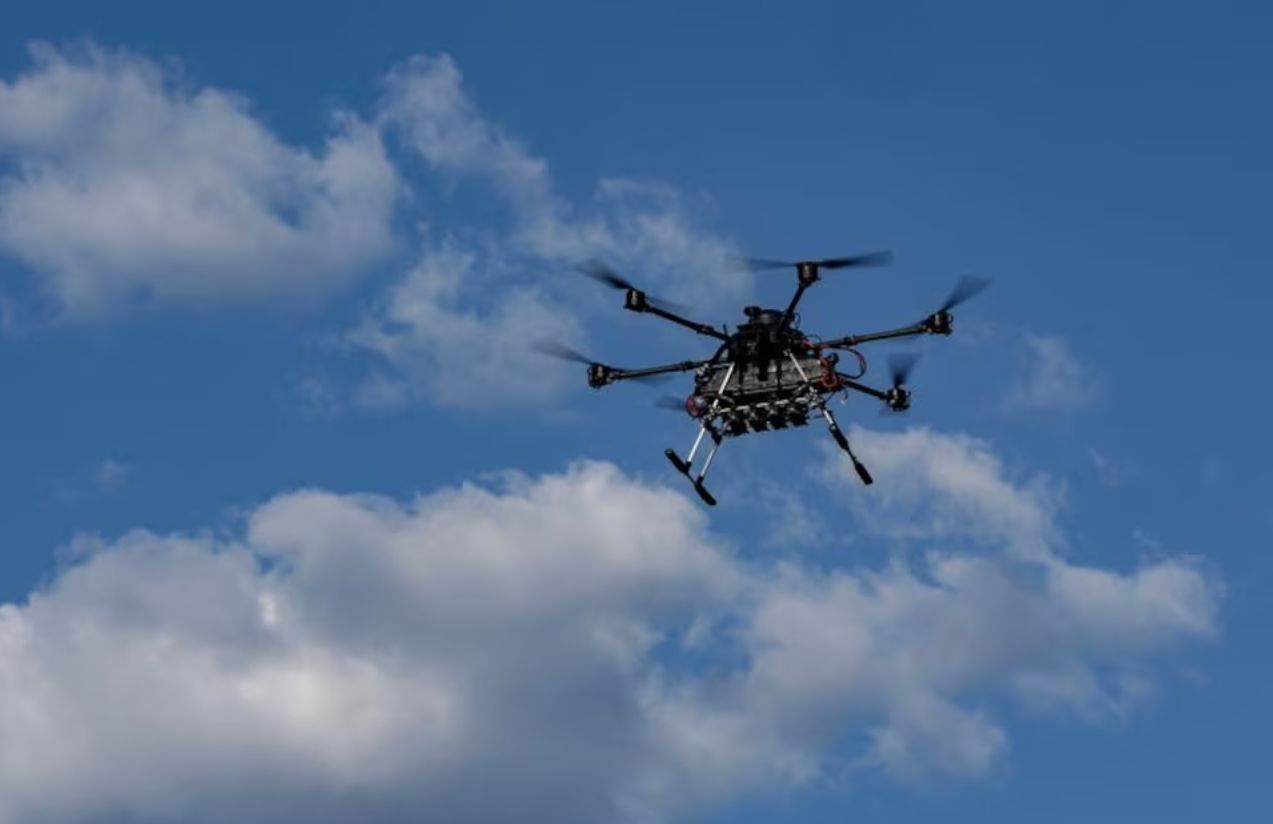Russia launched a massive drone attack on Ukraine late Sunday night, seemingly in defiance of a proposed 30-day ceasefire backed by Kyiv and European leaders. According to Ukraine’s Air Force, the assault began at 11:00 p.m. local time (20:00 GMT) and involved a total of 108 drones, most of them Iranian-made Shahed models.
Ukrainian air defenses shot down 55 of the drones across several regions—including the east, north, south, and center of the country. Another 30 drones, which carried no explosives and are used by Russia to confuse air defenses, fell without causing any major damage.
Nevertheless, the attack inflicted damage in several Ukrainian regions, including Odesa and Mykolaiv in the south, as well as Donetsk in the east and Zhytomyr in central Ukraine.
The assault came at a critical moment, just as the possibility of direct negotiations between Russia and Ukraine emerges—talks that would be the first since the early months of the 2022 invasion. The initiative has been welcomed by both Washington and European capitals.
On Saturday, the leaders of France, the United Kingdom, Germany, and Poland traveled to Kyiv to meet with Ukrainian President Volodymyr Zelensky and jointly called on the Kremlin to declare an immediate and unconditional ceasefire—by land, sea, and air—starting Monday. They also warned Moscow of new sanctions if it refuses the proposal and claimed to have the support of former U.S. President Donald Trump.
Trump wrote on his social media platform, Truth Social, that “President Putin of Russia does not want a ceasefire agreement with Ukraine, but wants to meet on Thursday in Turkey to negotiate a possible end to the bloodshed.” The Republican leader has said he would withdraw his mediation efforts if he doesn’t see a commitment from both sides.
From Moscow, President Vladimir Putin proposed that both warring parties open direct talks in Turkey on Thursday, without requiring a prior ceasefire. While resisting calls to lay down arms, he said he does not rule out a truce as a result of the talks. He also insisted that any negotiations should focus on the “fundamental causes” of the conflict.
Russia’s stated “fundamental causes” include demands to “denazify” and demilitarize Ukraine, protect Russian-speaking populations in the east, and halt NATO expansion. Kyiv and its Western allies have firmly rejected these justifications, describing them as pretexts for an imperial-style land grab.
President Zelensky reaffirmed his willingness to attend Thursday’s talks and stated he would be in Turkey even if Russia had not officially declared a ceasefire by then.
Meanwhile, the attacks continue. “Ceasefire proposals are being ignored, and the enemy continues to target railway infrastructure,” reported the Ukrainian state rail company Ukrzaliznytsia.
Since Russia’s full-scale invasion began in February 2022, tens of thousands of people have died and millions have been forced to flee their homes. Russian forces currently control about one-fifth of Ukrainian territory, including the Crimean Peninsula, annexed in 2014.
The last substantial talks between Russia and Ukraine took place in Istanbul in March 2022 but ended without agreement. Since then, contact has been minimal and limited mostly to humanitarian issues such as prisoner exchanges and the repatriation of soldiers’ remains.

